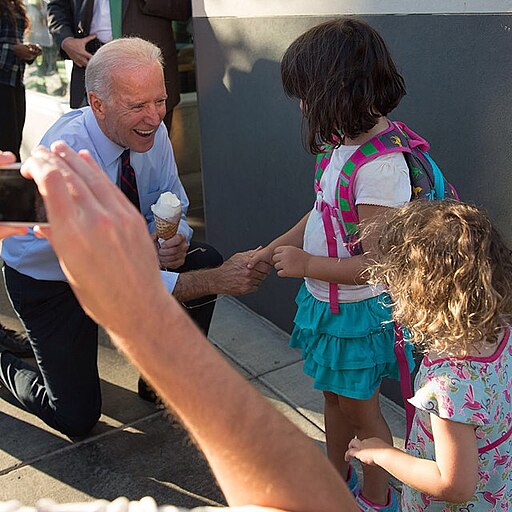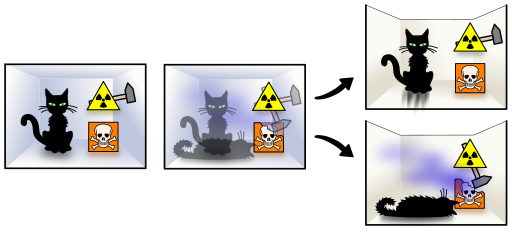According to a report issued by Special Counsel Robert K. Hur on February 8, his investigation found “evidence that President Biden willfully retained and disclosed classified materials after his vice presidency when he was a private citizen.”
While the report also mentions “innocent explanations for the documents that we cannot refute,” the argument against charging and prosecuting him largely comes down to an expectation that “Mr. Biden would likely present himself to a jury, as he did during our interview of him, as a sympathetic, well-meaning, elderly man with a poor memory” whom those jurors would doubt capable of “a mental state of willfulness.”
If the report accurately characterizes the interview, Biden’s memory is … fuzzy … on topics such as when he served as vice president and when his son died. As further evidence of Biden’s mental deficiencies, the report notes that the documents in question were found “in a badly damaged box in the garage, near a collapsed dog crate, a dog bed, a Zappos box, an empty bucket, a broken lamp wrapped with duct tape, potting soil, and synthetic firewood.”
If Biden can’t remember basic facts or even be trusted to not throw important documents on the “donate to Goodwill” pile in his garage, is he competent to remain, let alone be re-elected as, president?
As a matter of even-handedness, let me acknowledge that Donald Trump, likely Republican presidential nominee, also possesses, so far as I can tell, the mental acuity of a turnip. But he’s not president again, at least yet, so we can kick that can down the road a bit.
And as a cautionary note, let me acknowledge that there’s no visible metric on which current vice-president Kamala Harris seems likely to do a better job than the admittedly terrible job Biden — or whoever’s using Biden as a compliant meat puppet — is doing.
BUT!
“Whenever the Vice President and a majority of either the principal officers of the executive departments or of such other body as Congress may by law provide, transmit to the President pro tempore of the Senate and the Speaker of the House of Representatives their written declaration that the President is unable to discharge the powers and duties of his office, the Vice President shall immediately assume the powers and duties of the office as Acting President.”
That’s the 25th Amendment to the US Constitution, and it’s clearly applicable here.
While sending Joe Biden to the elder care facility he so obviously and desperately requires the services of might not improve government policy, it would at least provide more transparency as to who’s actually in charge, and allow the Democratic Party to consider more capable (if not morally superior) candidates for its 2024 presidential nomination.
Thomas L. Knapp (Twitter: @thomaslknapp) is director and senior news analyst at the William Lloyd Garrison Center for Libertarian Advocacy Journalism (thegarrisoncenter.org). He lives and works in north central Florida.
PUBLICATION/CITATION HISTORY



